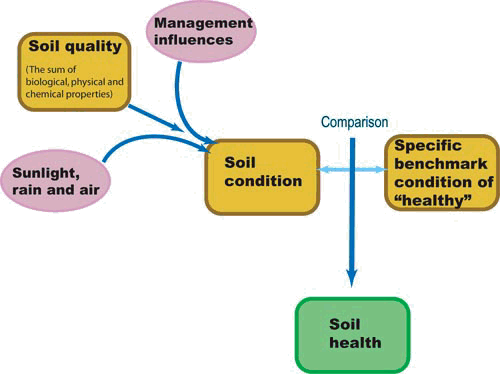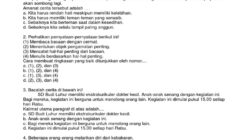A public health warning has been issued over an outbreak of melioidosis, also known locally as “soil fever”, after three deaths were reported in Maha Sarakham, according to the provincial public health office.
The disease is caused by the Burkholderia pseudomallei bacterium, commonly found in soil and water, and is most prevalent in the northeast.
Dr Watthana Sriwattana, deputy public health chief of Maha Sarakham, said that melioidosis infections are expected to rise with the arrival of the rainy season and the start of rice farming.
Tolong support kita ya,
Cukup klik ini aja: https://indonesiacrowd.com/support-bonus/
According to epidemiological data from Jan 1 to May 17, the province recorded 24 cases, or at a rate of 2.54 per 100,000 population, with three fatalities. The fatalities occurred in Wapi Pathum district (1) and Muang district (2).
Last year, the province recorded 103 cases, including nine deaths.
The most recent fatality was a 62-year-old male farmer from tambon Lat Phatthana in Muang. He began experiencing joint inflammation, shortness of breath and swollen legs, but no fever, on May 12. He had pre-existing conditions, including chronic kidney disease, diabetes, hypertension and high cholesterol. He died on May 13.
Meanwhile, in the whole of Public Health Region 9 (covering parts of lower northeastern Thailand), from Jan 1 to May 19, a total of 147 cases of melioidosis were reported, with five fatalities. In Buri Ram, 61 cases were reported, with one death; Surin, 37 cases with no deaths; Chaiyaphum, 16 cases with three deaths; and Nakhon Ratchasima, 33 cases with one death.
The disease predominantly affects older adults, particularly those aged 65 and above, followed by the 55-64 and 45-54 age groups. Farmers and agricultural workers make up the majority of patients.
Melioidosis is caused by Burkholderia pseudomallei, a bacterium that lives in soil and water. It can infect both humans and animals, such as cattle, buffalo, goats, pigs, horses, monkeys and rodents. Infection can occur through open wounds, inhalation or ingestion.
Those with weakened immune systems are particularly vulnerable. Infections often occur during flooding or field work in wet conditions. Symptoms can range from mild fever and muscle aches to severe pneumonia and bloodstream infection. In some cases, skin lesions resembling leptospirosis may appear. The disease can also lead to death.
Health officials stress the importance of protective measures. They include avoiding walking barefoot or soaking feet in stagnant water and wearing rubber boots, gloves and long pants when working in wet or muddy areas and cleaning open wounds promptly and thoroughly.
The Department of Disease Control emphasised that any area where melioidosis cases have occurred must be treated as a high-risk zone that requires continuous monitoring.
Provided by SyndiGate Media Inc. (
Syndigate.info
).






